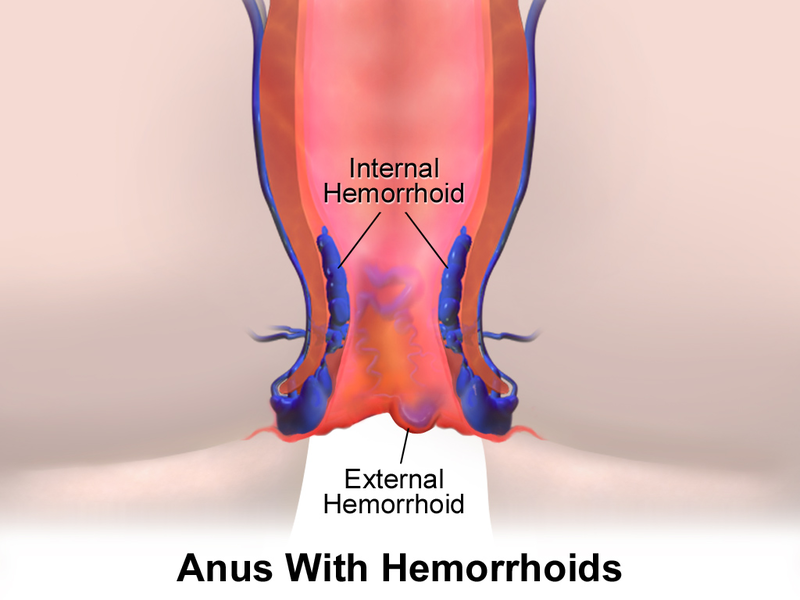We would be discussing piles also known as haemorrhoids, we would examine what causes them, how to determine if you have them and what to do if you have them. Additionally, we would discuss tips on how to avoid getting Pile.
So What is Pile?
Pile (Haemorrhoids) are swollen veins in the rectum and anus that causes discomfort. These swollen blood vessels cause you discomfort when stooling.
What are the symptoms of Pile?
You can begin to suspect pile if you experience some of these symptoms;
“I strongly advise you to see a professional who can effectively diagnose what is wrong with you and proffer a treatment. You can book an appointment with us here and we would discuss what you are experiencing.”
You may have a pile if you;
- Feel a hard and sometimes painful lump around your anus.
- Feel you need to still poo after passing stool.
- Feel pain when passing stool.
- Your stool is blood-stained or contains mucus.
- A common symptom is discomfort when swollen.
What causes pile?
The most common causes of the pile are;
- Anal sex
- Pregnancy
- Lifting heavy objects
- Darhhrea
- Constipation
- Overweight
How is a pile diagnosed?
A pile can easily be diagnosed by physically examining the patient. You must visit a professional healthcare provider to get examined if you suspect you have piles. You can also book an appointment here.
How to treat pile.
Most often piles would resolve on their own in a couple of days, but some could require surgical operation while some can be lifelong. Depending on what is causing the inflammation, the following recommendations and over the counter drugs would be effective in bringing relief.
- A healthy diet of fibre-rich food like cereals and fruits would help prevent constipation which is one of the main causes of the pile.
- Laxatives can be equally taken to help soften stool in cases of constipation.
- Over the counter, painkillers can be taken to reduce the pain.
- While ointment can be applied to the lump to soothe it and reduce discomfort.
How To Prevent Pile
- A healthy diet most often would reduce your chances of getting the pile, a diet rich in fibre and fruits are sure ways to prevent constipation which could later result in a pile.
- Lifting heavy objects can also lead to piles, so you should avoid doing this.
- Try to lose weight if you are overweight and avoid excessive weight gain.

